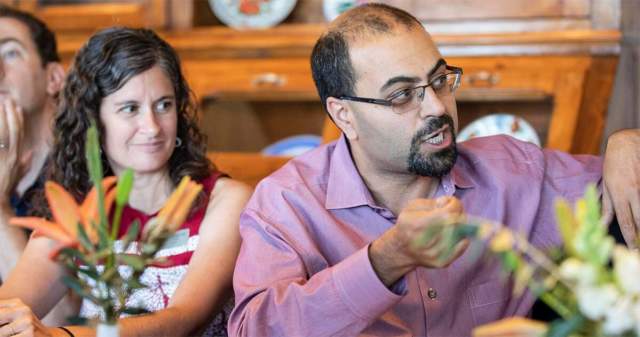Post-Traumatic Stress (PTS)
PTS Defined
Post-Traumatic Stress (PTS) is a mental health condition that some people develop after experiencing or witnessing a life-threatening event, such as military combat, a natural disaster, sexual assault, trauma or the loss of a loved one. Although it may be hard to continue normal activities following such an event, most people begin to feel better after a few weeks or months. If symptoms do not subside in this time frame, it may be advisable to contact a mental health professional who can assess whether a diagnosis of post-traumatic stress is appropriate.
One Mind uses the term Post-Traumatic Stress instead of Post-Traumatic Stress Disorder because describing the experience as a disorder can feel stigmatizing to many who are reluctant to seek treatment for the symptoms they’re facing. Undergoing a traumatic event like an accident or a loved one’s death is common, and many people experience some level of subsequent post-traumatic stress.
Symptoms
Symptoms of post-traumatic stress are most commonly grouped as:
- Re-experiencing (flashbacks, bad dreams, frightening thoughts)
- Avoidance (staying away from places, events, people, or certain objects, or avoiding certain thoughts, feelings or conversations)
- Arousal and reactivity (being easily startled, feeling tense, sleep difficulties and angry outbursts)
- Cognitive and mood symptoms (trouble remembering key features of a traumatic event, negative thoughts, distorted feelings like guilt and blame, and a loss of interest in enjoyable activities)
Some people experience a delayed onset to symptoms. For others, symptoms come and go over time.
Effects
People who have post-traumatic stress may also experience depression and anxiety, substance use challenges, chronic pain, and hopelessness. In fact, epidemiological surveys indicate that the vast majority of individuals with PTS meet criteria for at least one additional psychiatric condition.
The wide range of symptoms that someone with post-traumatic stress may experience can also affect their loved ones. Their ability to function as a family member or friend may be impacted, increasing stress on their relationships.
If You Are In Crisis
Call the toll-free National Suicide Prevention Lifeline at 1-800-273-TALK (8255), available 24 hours a day, 7 days a week. The service is available to everyone. All calls are confidential. Contact social media outlets directly if you are concerned about a friend’s social media updates or dial 911 in an emergency.
If you are thinking about harming yourself or thinking about suicide:
- Tell someone who can help right away.
- Call your licensed mental health professional if you are already working with one.
- Call your doctor or health care provider.
- Go to the nearest hospital emergency department or call 911.





